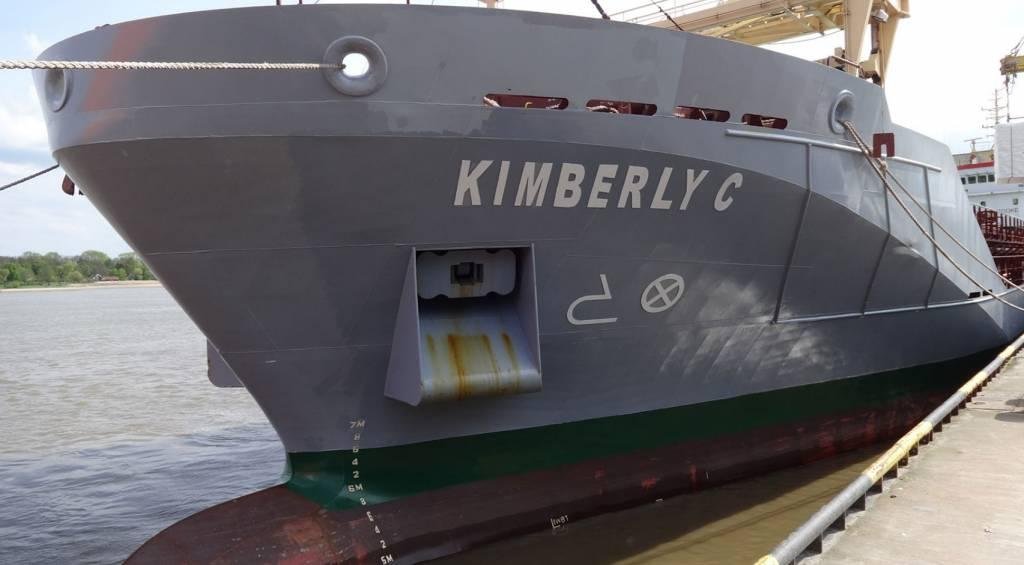Carnot is leading a consortium to decarbonise Auxiliary Power in marine applications
We are delighted to announce Carnot is leading a consortium which has won a £500,000 Clean Maritime Demonstrator Competition 2 Grant to develop a Hydrogen/Ammonia fuelled, Auxiliary power unit for the maritime industry.
Following the successes from our first CDMC grant, the core partners have continued this project focusing on developing game-changing, ultra-efficient hydrogen-electric marinised powertrains consisting of ceramic engines as prime movers for generators. With key engine components manufactured from technical ceramics able to withstand fuel combustion temperatures, the third of fuel energy wasted to cooling systems is eliminated. Predicted brake thermal efficiency (BTE) is 70%, a step-change from current state-of-the-art internal combustion engines.

In this project it is a key consideration to develop a multi-cylinder, pilot fuel free, hydrogen combustion capability along with extension toward making a production ready marinized hydrogen-electric hybrid system configuration which incorporates the Carnot engine. It will be a comprehensively marinized system with product design and pathway to achieving regulatory compliance.
With the predicted thermal efficiency Carnot engines will be both CAPEX and OPEX competitive with fuel cells (which achieve 40-60% BTE) and easily competitive with other hydrogen combustion engines currently in development (which achieve 30-50% BTE). Additionally Carnot engines can leverage existing (significant) manufacturing capacity and knowledge which is at risk both in the UK and abroad and hence production can scale more readily than competing hydrogen power alternatives.
With our partners from Carisbrooke Shipping, University of Southampton and University of Strathclyde, we look forward to providing one solution towards decarbonising the marine industry.
For a more comprehensive description of this Hydrogen/Ammonia Auxiliary Power Unit , please see THIS LINK.
The project is part of the Clean Maritime Demonstration Competition Round 2 (CMDC2) which was launched in May 2022, funded by the Department for Transport and delivered in partnership with Innovate UK. As part of the CMDC2, the Department allocated over £14m to 31 projects supported by 121 organisations from across the UK to deliver feasibility studies and collaborative R&D projects in clean maritime solutions.
The CMDC2 is part of the UK Shipping Office for Reducing Emission’s (UK SHORE) flagship multi-year CMDC programme. In March 2022, the Department announced the biggest government investment ever in our UK commercial maritime sector, allocating £206m to UK SHORE, a new division within the Department for Transport focused on decarbonising the maritime sector. UK SHORE is delivering a suite of interventions throughout 2022-2025 aimed at accelerating the design, manufacture and operation of UK-made clean maritime technologies and unlocking an industry-led transition to Net Zero.



